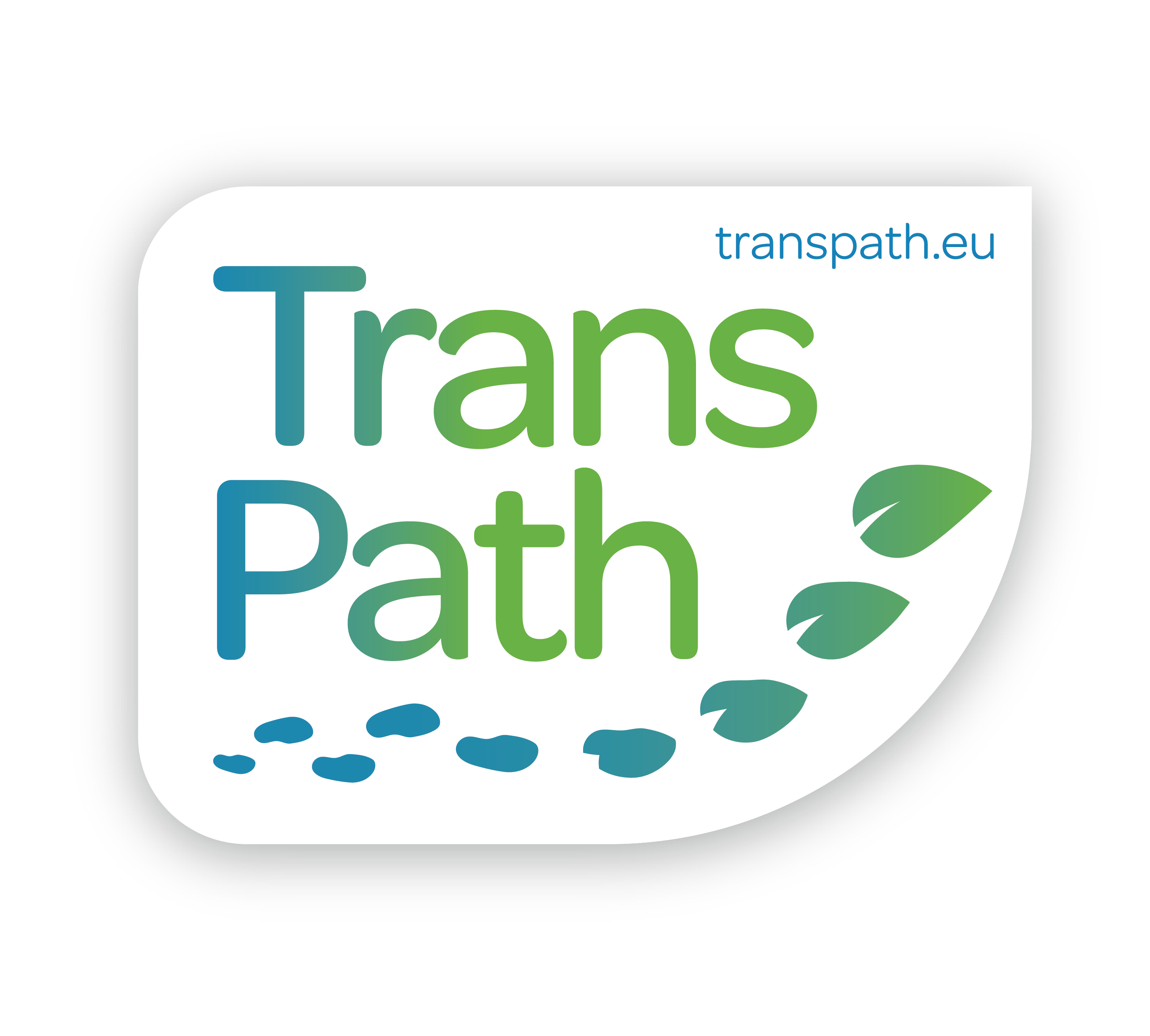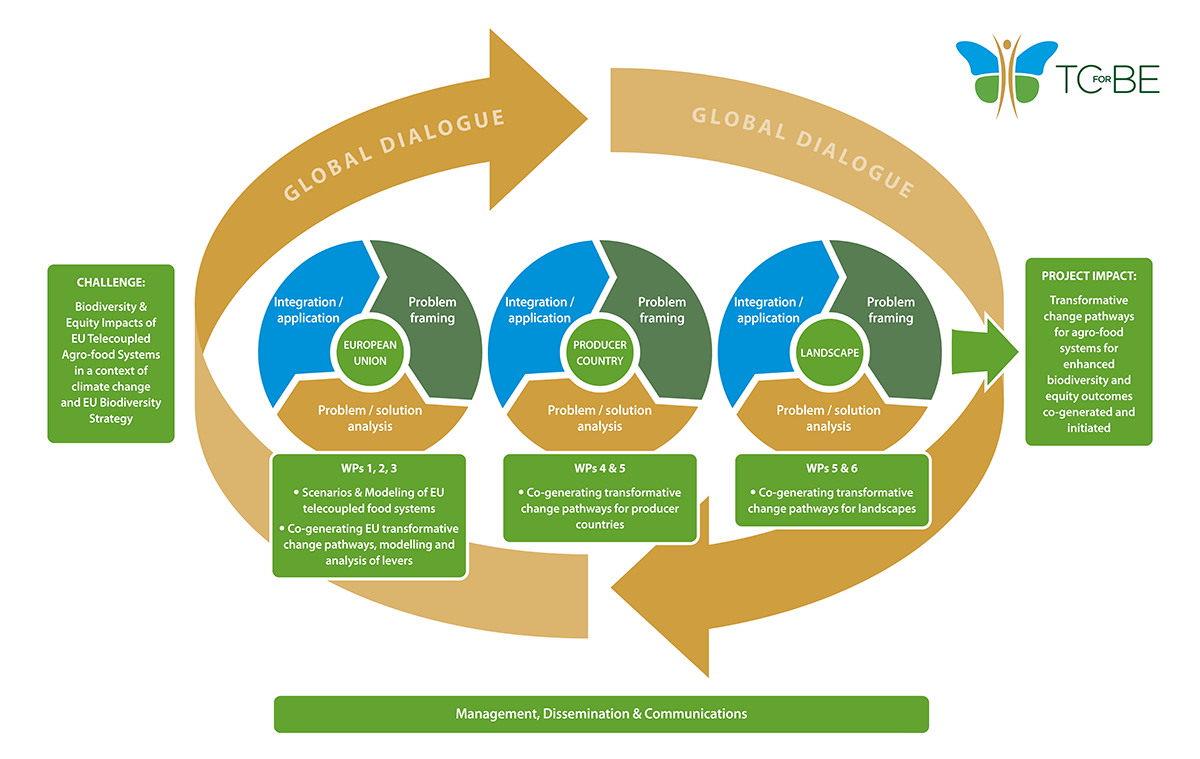Addressing the global impacts of EU agricultural trade through participatory and transdisciplinary collaboration—co-creating pathways that conserve biodiversity and promote equity.
The Challenge
As global crises intensify and become increasingly interconnected, existing sustainability measures are insufficient to halt the alarming decline in biodiversity. Interlinked agrifood systems lie at the heart of this challenge: for example, EU demand for agricultural commodities drives land use changes that cause significant biodiversity losses in tropical biodiversity hotspots.
.
Our Approach
Participatory Process
We engage stakeholders at EU, national and local scales—bringing together academics, policymakers, NGOs, local communities and industry. Together, we are co-developing transformative pathways for more sustainable agrifood systems.
Transdisciplinary Research
Our team combines ecological science, social science, policy analysis and finance expertise. By integrating plural perspectives, we ensure that each solution addresses biodiversity conservation and equitable development simultaneously.
Telecoupled Focus
We examine agrifood value chains linking EU demand to land-use decisions in producer countries. By understanding these telecouplings, we identify leverage points for deep change within both production landscapes and EU governance frameworks.
Focus Commodities & Landscapes
Our analysis concentrates on high biodiversity impact commodities from the Global South:
Colombia
- Coffee
- Palm Oil
- Bananas
Cameroon
- Cocoa
- Non-Timber Forest Products
Kenya
- Tea
- Avocados
Our Goals
-
✓Generate New Knowledge – Rigorous, context-specific research on how EU consumption drives land-use changes and biodiversity loss.
-
✓Develop Practical Tools – Decision-making frameworks that integrate biodiversity metrics, social equity considerations and sustainable finance levers.
-
✓Enhance Stakeholder Capacity – Work with stakeholders to increase their willingness and capacity to act to influence biodiversity and equity outcomes effectively.
Partners
The consortium comprises nine partners drawn from three EU Member States and four non-EU countries.

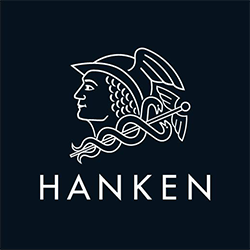



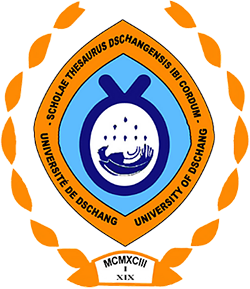
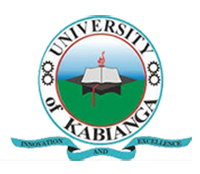


Learning Alliances
TCforBE is part of a cluster of other EU-funded research projects delivering scientific knowledge, solutions, and case studies on transformative change.
Sister Projects


